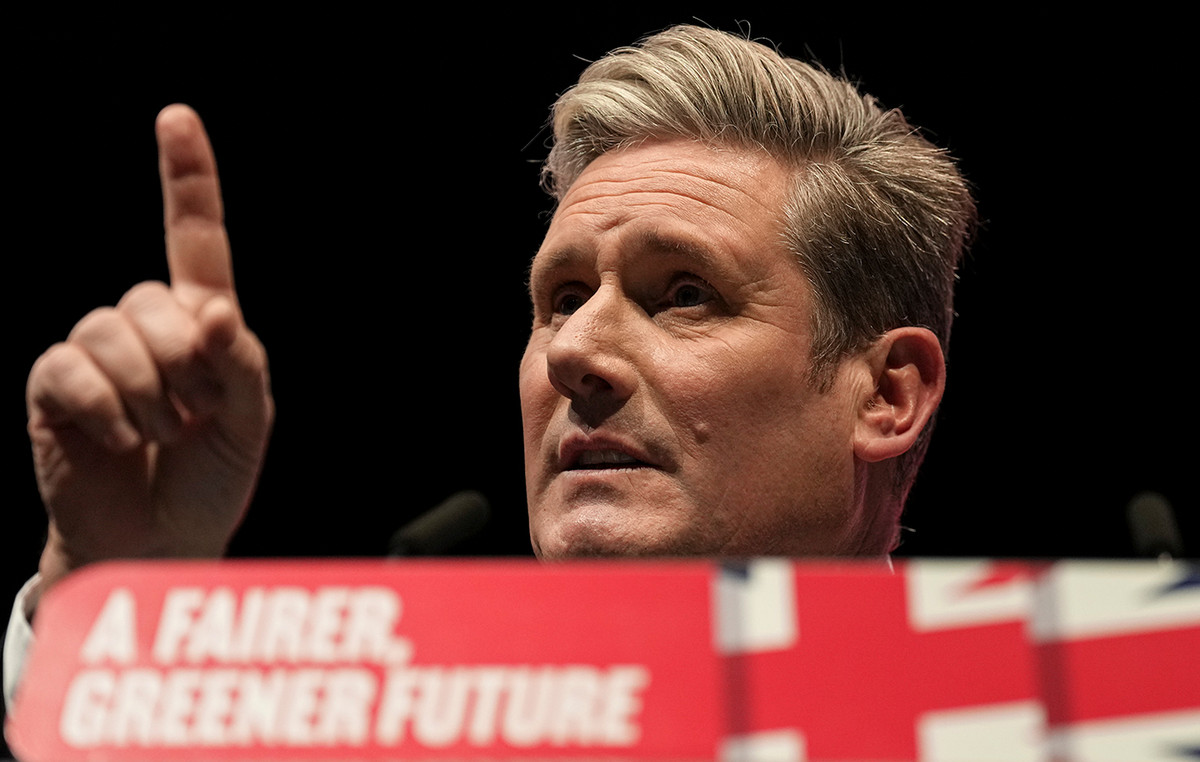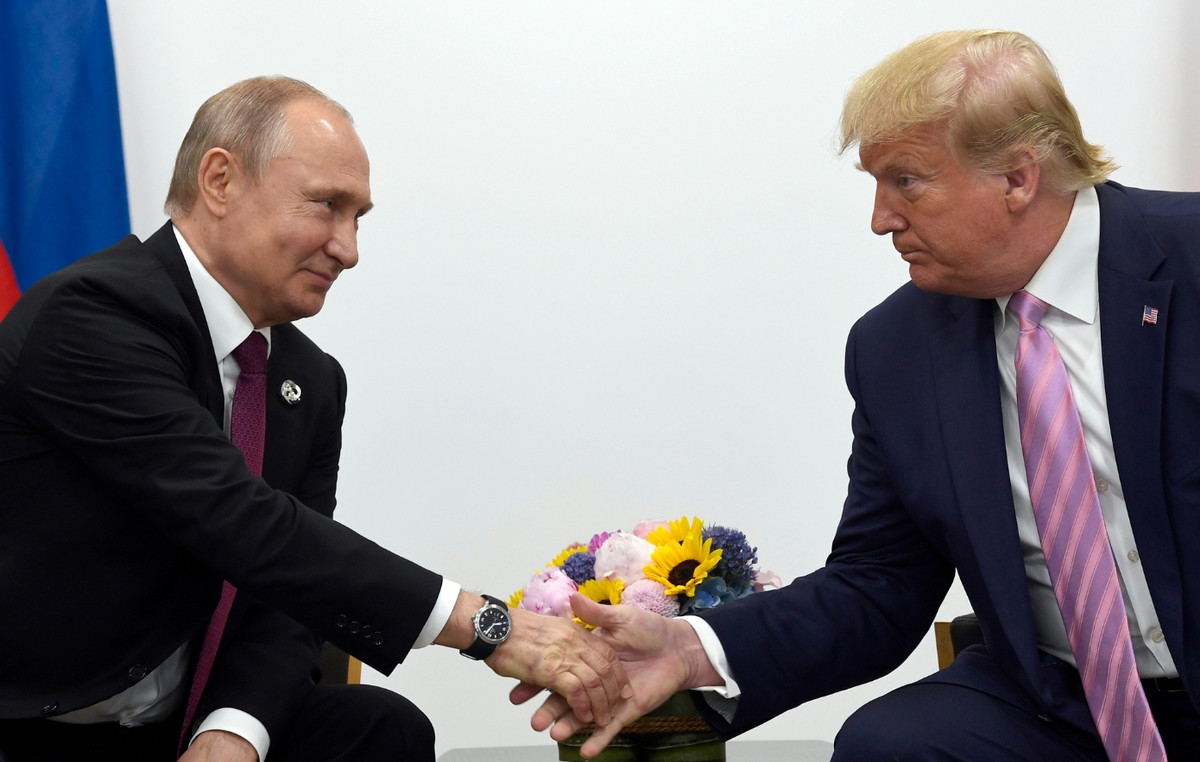
Presidents of Brazilian sector associations highlighted the growth potential of economy Brazilian this Friday (19) during the event “The Balance of Powers” promoted by the Esferas Brasil business group.
For this, however, they defended the need for the country to carry out some reforms, and to guarantee institutional stability and legal certainty that allow it to attract investments with a favorable international context.
Luis Henrique Guimarães, president of the Brazilian Association of Publicly-Held Companies (Abrasca), says that there is currently a complex international situation, but that it represents a “huge opportunity for Brazil”, which the country “cannot miss”.
“It is necessary to act, we will not be forgiven in the next generations if we lose this now. The world’s geopolitical moment, with global relocation of supply chains, involves countries prioritizing security of supply, energy, rather than just cost reduction,” he explains.
In this sense, he believes that Brazil, as a “friendly” and “democratic” country, has an “enormous capacity” to attract investment and grow more.
“Brazil has entrepreneurs of enormous quality, and the engine of growth is the private sector and the capital market. Brazilian entrepreneurship works, no matter the size of inflation, crisis”, she highlighted.
For this to happen, he cited the need for greater institutional, fiscal and price stability, lower and more competitive interest rates and more predictable public policies, in addition to carrying out reforms administrative and tax .
“If you do a little bit of homework with dialogue, this country will grow, share income, reduce inequality and prosper, because we have all the components the world needs,” said Guimarães.
Reforms were also cited as a necessity by the president of the National Confederation of Industry (CNI ), Robson Braga de Andrade.
He highlighted that, with the pandemic and the war in Ukraine, countries have sought to encourage and develop their national industries, with a reorganization of supply chains that should “enormously impact countries like Brazil”.
“We have to try to attract investments, mainly industrial ones, and these industrial investments are what will allow the country to advance in terms of competitiveness and the possibility of participating more in an international market”, said Andrade.
He defended that the gain in competitiveness also passes through the approval of reforms, and that “we are almost close to these approvals”, citing a need for a more intense dialogue with the Congress for them to occur.
The president of the CNI also said that it is necessary to have a greater dialogue between the three Powers of the Union, reducing legal uncertainty, which today is “one of the biggest obstacles to investments in all sectors of Brazil”.
“We need this harmony and balance between the three Powers to lead Brazil to have greater legal certainty, because no investor places their financial resources where they are insecure with their future results”, explained Andrade.
He also said that he believes that “all our institutions are very much looking to make the country grow, develop, generate income, employment and improve people’s quality of life”.
Isaac Sidney, president of the Brazilian Federation of Banks (Febraban ), pointed out that the climate electoral generates natural political disputes, but when they escalate there is “noise and institutional instability”.
“In these moments, balance is essential, and also between Powers. The responsibility of political actors is enormous, but I am sure that they are up to the challenge that the positions give them,” he said.
Sidney said that Brazilian capital today demands democracy, institutional robustness, legal and political stability and predictability to “help Brazil keep the engines running”.
“We are in the ninth presidential election in more than three decades, it is a long democratic period, although we may think it is a short time, and this has given institutional maturity”, he highlighted.
The president of Febraban pointed out that, in the last decade, the annual growth of the Brazilian economy averaged 0.5%, with “rates that are not high, and that are not sustainable over time”.
“We clearly have the condition and potential to move forward, but growth is insufficient for our needs, and growth is a social need, it generates employment, wealth, social well-being, alleviates poverty, leads to a virtuous cycle,” said Sidney.
He also said that the “greatest social policy” that the government can make is the “effective resumption of economic growth, job creation and income transfers”, and that “if we do not return to high, prolonged levels of growth, there will be no political sustainable society”.
Also at the event, the president of the Association of Brazilian Magistrates (AMB), Renata Gil, noted that Brazil faces a challenge of social, economic and political balance.
“The Judiciary, as a power against the majority, always has the challenge of balancing the State and the private sector”, he said.
For Gil, it is necessary that the Judiciary seeks to increase its effectiveness, reducing process time and bringing more legal certainty.
“We still have important indices to achieve in terms of effectiveness, efficiency, but we believe that we have the best judges, truly prepared to deal with legal battles”, said the president of AMB.
Source: CNN Brasil
I am Sophia william, author of World Stock Market. I have a degree in journalism from the University of Missouri and I have worked as a reporter for several news websites. I have a passion for writing and informing people about the latest news and events happening in the world. I strive to be accurate and unbiased in my reporting, and I hope to provide readers with valuable information that they can use to make informed decisions.







